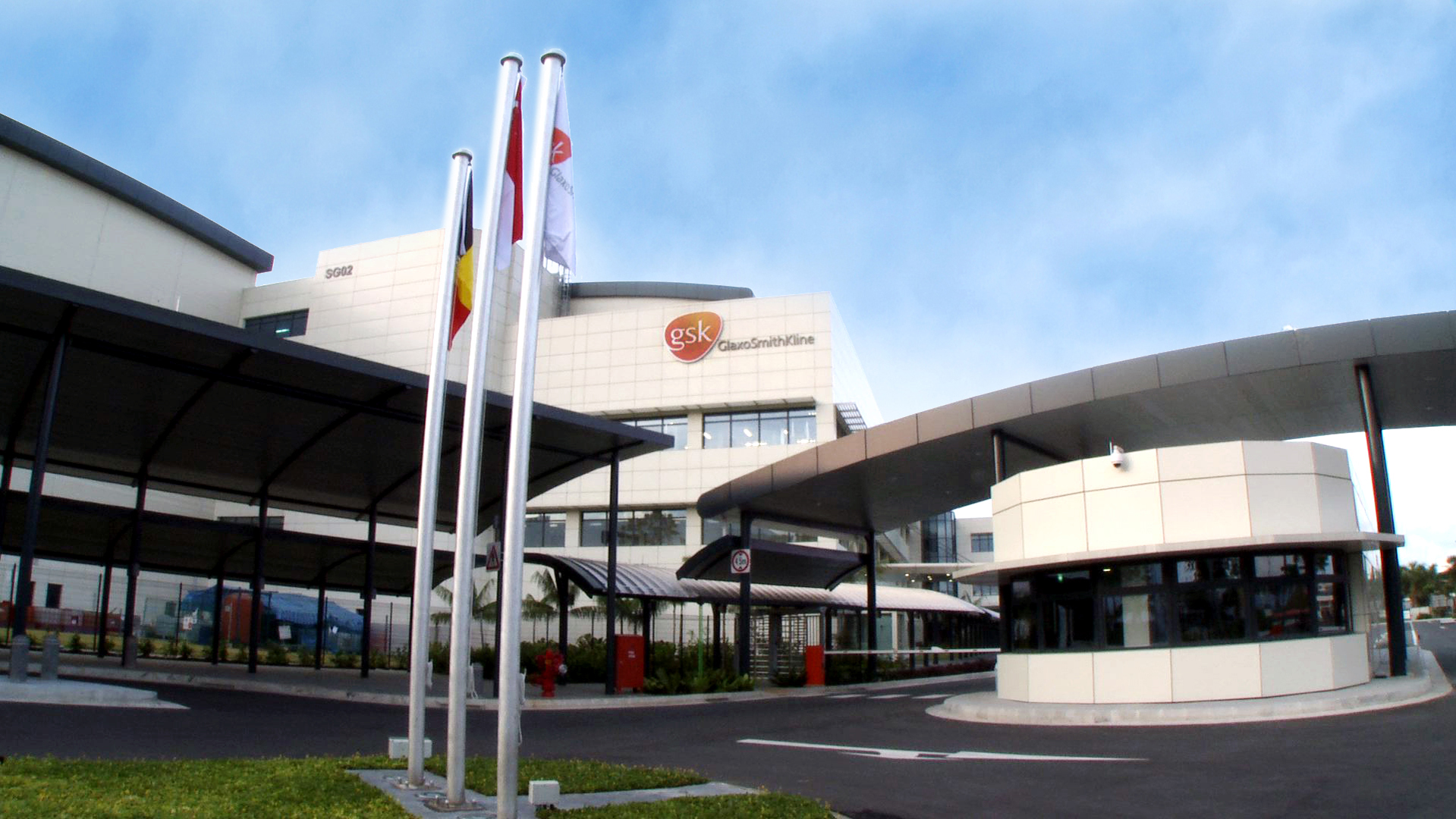Singapore inks deal with GSK to purchase Covid-19 drug sotrovimab
Sign up now: Get ST's newsletters delivered to your inbox

GSK and Vir are in discussions with other governments to explore similar supply agreements.
PHOTO: GLAXOSMITHKLINE
Follow topic:
SINGAPORE - There may soon be another treatment option available for patients who are at risk of developing severe Covid-19.
The Ministry of Health (MOH) has signed an advance purchase agreement with GlaxoSmithKline Singapore (GSK) and Vir Biotechnology for their antibody drug to treat Covid-19.
The MOH said in response to queries from The Straits Times on Wednesday (June 30) that the drug, sotrovimab, will be made available to healthcare institutions from September, provided there are no unforeseen delays in delivery.
"The addition of sotrovimab to our portfolio of Covid-19 therapeutics ensures that we have a range of treatments to better manage emerging variants of concern, and for patients who might experience adverse events to other therapeutics," it said.
Sotrovimab, is a type of monoclonal antibody. These are laboratory-made proteins that act like antibodies in helping the body to fight off infection.
It can be used to treat patients who do not require oxygen supplementation and have mild to moderate Covid-19 disease but are at risk of progressing to more serious illness, GSK said in a statement on Wednesday. It is a single-dose drug administered through intravenous infusion, the company added.
The Health Sciences Authority (HSA) on Wednesday granted interim authorisation for sotrovimab under the Pandemic Special Access Route.
"This will allow infectious disease specialists to use this monoclonal antibody therapy for the treatment of mild to moderate Covid-19 in patients aged 18 years and older who do not require oxygen supplementation and are at risk of progression to severe Covid-19," it said on its website.
The "at-risk factors" include being aged 55 and above, as well as having pre-existing conditions such as chronic kidney disease, congestive heart failure, diabetes, moderate to severe asthma, and obesity.
HSA noted in its review of the available clinical data that sotrovimab demonstrated a 79 per cent reduction in the relative risk for disease progression to requiring acute treatment in hospital, or death, compared with the placebo group.
The data was based on an ongoing phase two/three clinical trial conducted in more than 1,000 subjects aged 18 to 96 years, all of whom had risk factors for progression to severe disease.
All subjects were enrolled within five days of the onset of symptoms and did not require oxygen supplementation when they were recruited for the study.
HSA added that the safety data also revealed that the drug is generally well tolerated, although common side effects reported in the clinical study were headache, dehydration, nausea and diarrhoea.
HSA said GSK is required to continue submitting updated data from ongoing clinical studies to ensure the continued safety and effectiveness of the drug.
It noted that there is currently insufficient clinical data to assess the effectiveness of sotrovimab in the presence of circulating variants of the virus Sars-CoV-2, which causes Covid-19, so GSK will also need to submit relevant data on this.
Once sufficient data is available, GSK will be required to file an application for full product registration.
The National Centre for Infectious Diseases (NCID) has already included the drug in its treatment guidelines for Covid-19, updated on June 14.
It said the drug can be considered as part of a monitored programme in patients with mild to moderate illness but are at high risk of disease progression.
The guidelines noted that the European Medicines Agency (EMA) completed its review of the drug on May 21 for use in the treatment of adults and adolescents at high risk of progressing to severe Covid-19. The US Food and Drug Administration also authorised its use for mild to moderate Covid-19 cases on May 26.
Patients should be monitored while the drug is being given and afterwards, as drug infusion-related reactions and anaphylaxis, or severe allergic reaction, have been reported. Should these reactions occur, doctors are advised to consider slowing or stopping the treatment, the NCID guidelines noted.
The guidelines also point out that the therapy must depend on what local variants are circulating in Singapore and which ones the population is susceptible to.
The NCID added that it is still awaiting real-world data for the effectiveness of such antibody treatments against the emerging variants of concern like the Delta variant.
GSK Singapore's country medical director, Dr Michelle Horn, said: "The monoclonal antibody was designed such that it may continue to be effective against the Sars-CoV-2 virus even when it mutates, by targeting a conserved epitope of the Sars-CoV-2 spike protein that is less likely to mutate over time."
Epitopes are specific sites on the surface of the virus, to which antibodies are able to bind, to neutralise the virus.
GSK added that data from its laboratory studies have demonstrated that the antibody remains effective against the Alpha, Beta, Gamma and Delta variants, though the clinical impact is not yet known.
Data collection and analysis are still ongoing, with final results of the trial to be available later this year.

